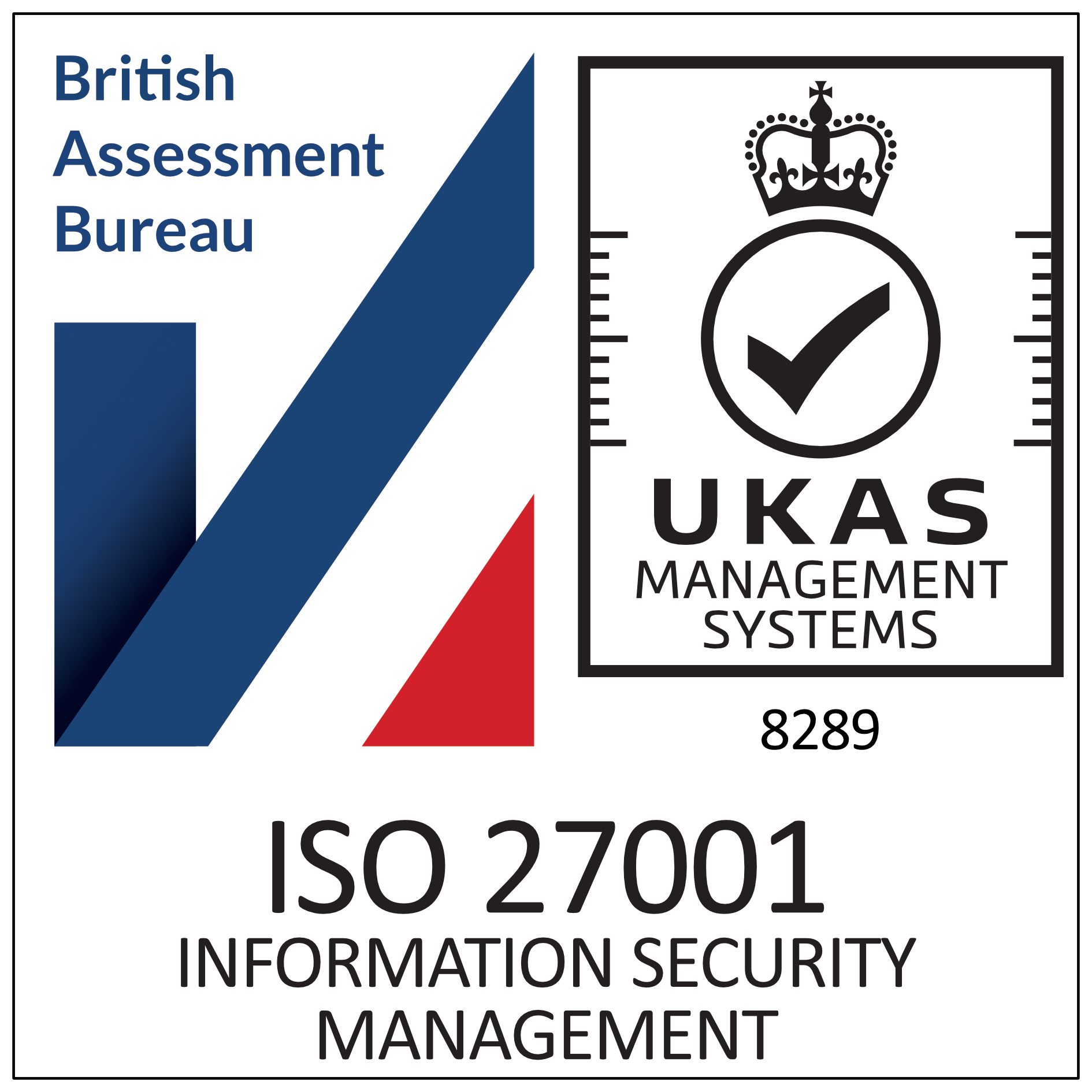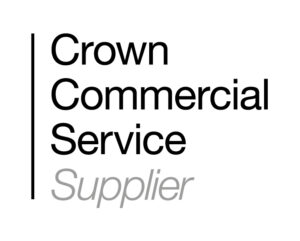The Undeniable Truth – Even Experts Need Help with Workforce Planning in Healthcare
The Undeniable Truth – Even Experts Need Help with Workforce Planning in Healthcare

When the Helpers Need Help – The Untold Story in Workforce Planning
In the world of healthcare, we are accustomed to being the ones who offer help, not the ones who ask for it. But today, I’m going to share an inconvenient truth, one that’s been known for far too long: when it comes to workforce planning, we are chronically overextended and often out of our depth.
The irony is palpable: we have the technology, the data, and even the guidelines at our fingertips, but when it comes to the actual process of aligning our workforce with the projected demands, we find ourselves in a constant scramble. Why? We simply do not have the capacity to tackle the wider demand and capacity question. And if we dare to whisper it—sometimes, we just don’t know how to start.
The Ticking Clock and the Empty Chair
Picture this: a hospital, bustling with anxious, sometimes frustrated patients waiting for their turn, and the hustle of NHS employees traversing the corridors constantly getting from A to B then to C and D. This is a typical picture and yes, it is complex. It is something faced by NHS staff every day, and it is relentless. I wonder, if asked, do clinicians feel this day-to-day is getting better or worse. I know the answer already and so do you.
I also hear the chorus of ‘we need more money and we need more staff.’ While I agree that this is true, what I cannot be certain of is exactly who we need, where, and for what? If trusts are honest, neither are they.
The Expertise Enigma
Then there’s the expertise. Translating workforce analytics into actionable strategies is easy – if you know how. So let’s imagine you magically have the time – do you have the knowledge, expertise, and experience to do it properly? I ask because great workforce planning is not endemic in the NHS and has not been for a long time. For most workforce managers, life is reactive, not proactive, as it should be.
When I look at workforce managers, I am reminded of the famous quote, ‘A jack of all trades is a master of none, but oftentimes better than a master of one.’ The breadth of the ‘ask’ for these individuals is vast, and being a good all-rounder is imperative. It is more useful than having multiple individuals who are specialists in one area. This does mean, however, that having the requisite toolkit for forensically detailed tasks such as demand and capacity may not be there. For workforce planning to be useful or meaningful, you absolutely need it.
Systems are not a silver bullet… well, at least not on their own.
Many trusts have invested in job planning systems; in fact, currently around 88% of all doctors have access to a system. But the needle has not moved on workforce productivity, and that admission is through self-reporting. I recently wrote a blog post about how I bought a brushless router with designs on doing some carpentry, but after two years, it was still in its original box, in the shed unopened. Tools are only useful if used. You need a mixture of expertise and time to wield them fully and to ensure the results of your endeavours meet your high expectations.
Asking for Help: The Pillar of Strength
So here’s the pill that’s a bit hard to swallow: it’s okay to ask for help. In fact, it’s more than okay, it’s necessary. The strongest leaders aren’t those who can do it all alone — they’re the ones who know when to reach for the phone and dial in some reinforcements. Let’s not gloss over the other personal benefits of asking for help: individuals will be up-skilled, they will gain the knowledge and expertise to be able to apply it again and again. This can lead to reputational increases and opportunities to progress.
The Real-Life Saga of a Turnaround
Let me tell you about a Mental Health Trust that, like many, had questionable engagement in planning and demand modelling. They had the demand data, patient inflow predictions, and even software to manage it all. They were brave enough to ask for help to turn their fortunes around. And what a turnaround it was. By introducing a specially designed tool and a ‘master of one’ workforce expert, their workforce planning process is now demonstrably at the top of the league. They turned data into dialogue and dialogue into decisions and should be celebrated as a model of efficient workforce planning.
Embrace the Help, Shape the Future
In closing, let’s shift the paradigm. Asking for help is not a sign of weakness, it’s an endorsement of strength. It’s the first step towards a future where our healthcare workforce is as robust and ready as the patients we serve deserve.
What next?
Today, look at your workforce planning. If it feels overwhelming, if the data is cryptic, if the task seems Herculean – pick up the phone, send that email, ask for the help you need. Your staff, your patients, and indeed, the future of healthcare depend on it.
Recent Articles

Registered address
SARD JV Limited
Unit 76, Innovation Centre
University Road, Canterbury
CT2 7FG
A joint venture with Oxleas NHS Foundation Trust.
Registered in England and Wales with company number 07916735. VAT No. 131901840
Designed and built By Tweak Marketing
Privacy Policy





